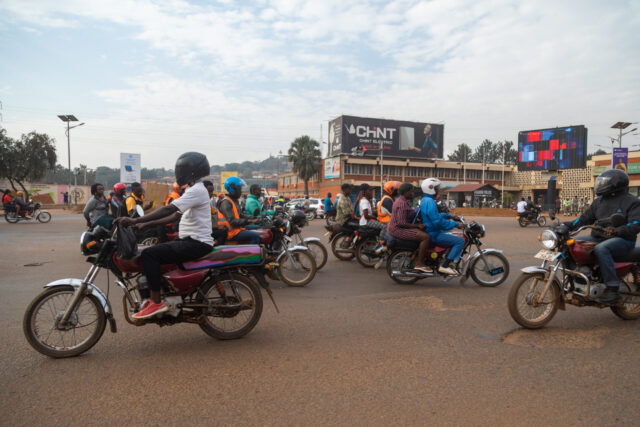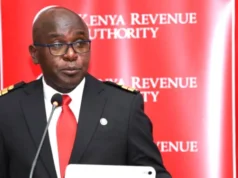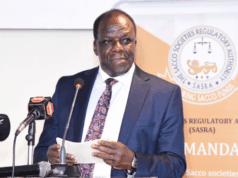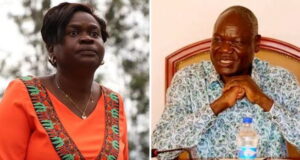Boda Boda riders have laid down their own law. In their unwritten code, “We have a right to ride as we please. In case of an accident, whether caused by us or not, the driver will be assumed guilty and vehicles burnt.” That chilling reality is no longer an exaggeration but a fact of daily life on Kenyan roads.
For years, the boda boda sector has been celebrated as one of the most innovative and accessible means of transport, creating employment for millions of young people.
In rural and urban settings alike, boda bodas have become the lifeline of the economy, moving goods, people, and even emergencies at lightning speed. Yet, beneath this convenience lies a lawless underbelly that threatens to overturn our social order.
Day after day, we witness chaos. Riders weaving through traffic with reckless abandon, ignoring traffic lights, overlapping at will, carrying excess passengers, and violating every known safety rule. When accidents occur, the response is not a calm appeal to law enforcement but mob justice.
Vehicles are surrounded, drivers dragged out, cars stoned or burnt. The assumption is always that the boda boda rider is innocent, and the motorist guilty. Facts, evidence, and justice are cast aside.
What is even more disturbing is the state’s apparent helplessness. Our internal security apparatus looks defeated, powerless, and even tamed. Police officers who should enforce traffic discipline are often outnumbered or intimidated. At times, they are complicit, collecting daily bribes from riders instead of enforcing the law. This has created a culture where boda boda groups feel untouchable.
The comparative numbers paint the full picture. Kenya has well over one point five million registered boda bodas on the road, with thousands more unregistered. They form a voting bloc larger than most political parties can boast. With such raw numbers, they hold sway, and politicians know it.
Every election cycle, we see leaders troop to boda boda stages to curry favor, promising heaven and earth, but never accountability. It is this appeasement politics that has emboldened the sector into a monster we now struggle to contain.
As we inch closer to another election year, this trend is bound to worsen. Leaders, desperate for votes, will bend backwards to please riders instead of confronting the menace.
The result will be even more impunity, more road chaos, more accidents, and more innocent Kenyans forced to bear the brunt of unchecked lawlessness. One day, this raw power will consume us all.
It is time for honesty. The government must tell Kenyans how it intends to address this growing threat. Regulation cannot remain on paper.
Riders must be registered, trained, licensed, and insured. Traffic rules must apply to everyone equally, and enforcement must be firm. The narrative that boda bodas are untouchable must end.
Kenyans deserve safe roads. Roads must serve everyone equally, not become battlefields where might makes right. We cannot continue to allow mob justice to replace the rule of law. If the state cannot tame the boda boda menace now, the cost in lives, property, and national stability will be far higher in the future.
The roads are not theirs. The roads are ours, all of us.















